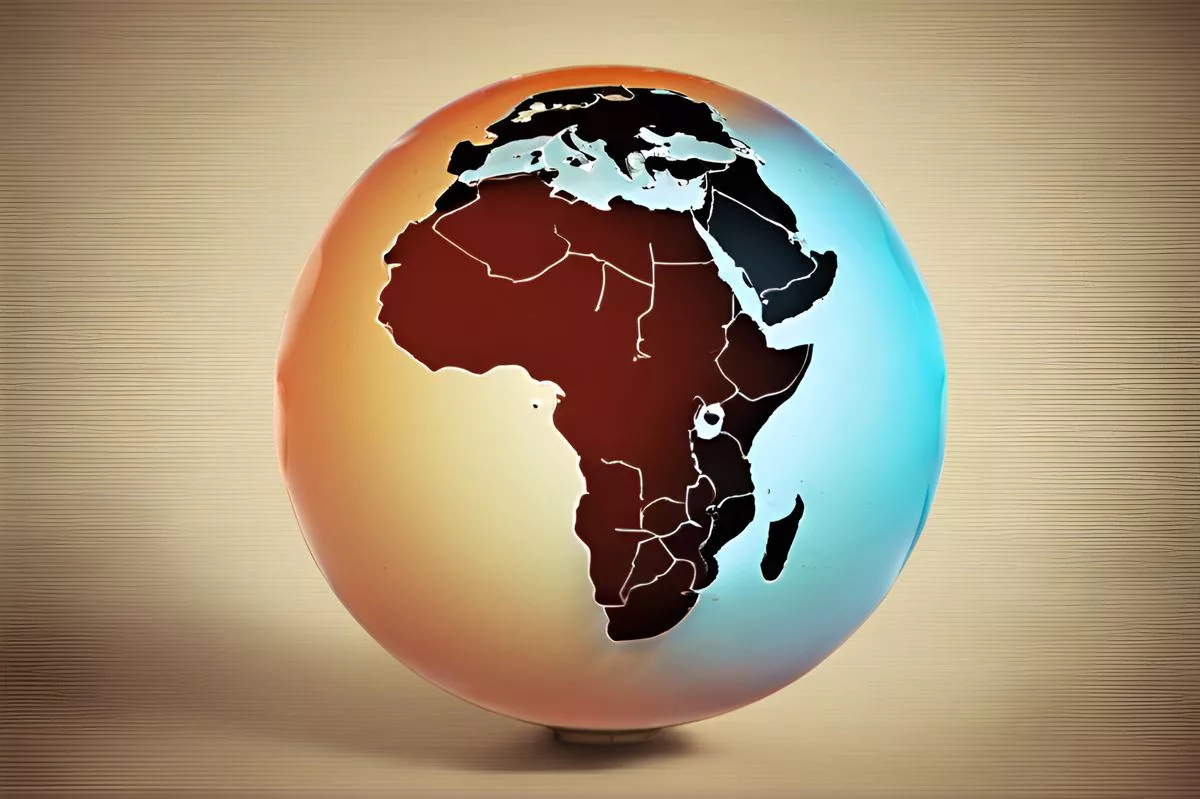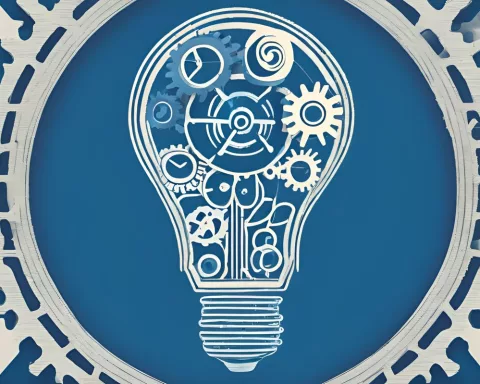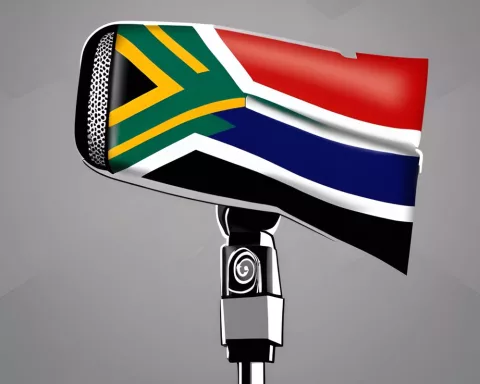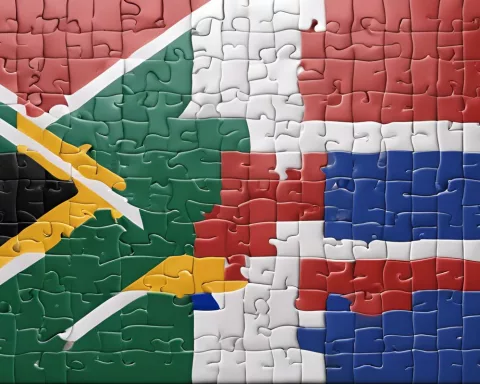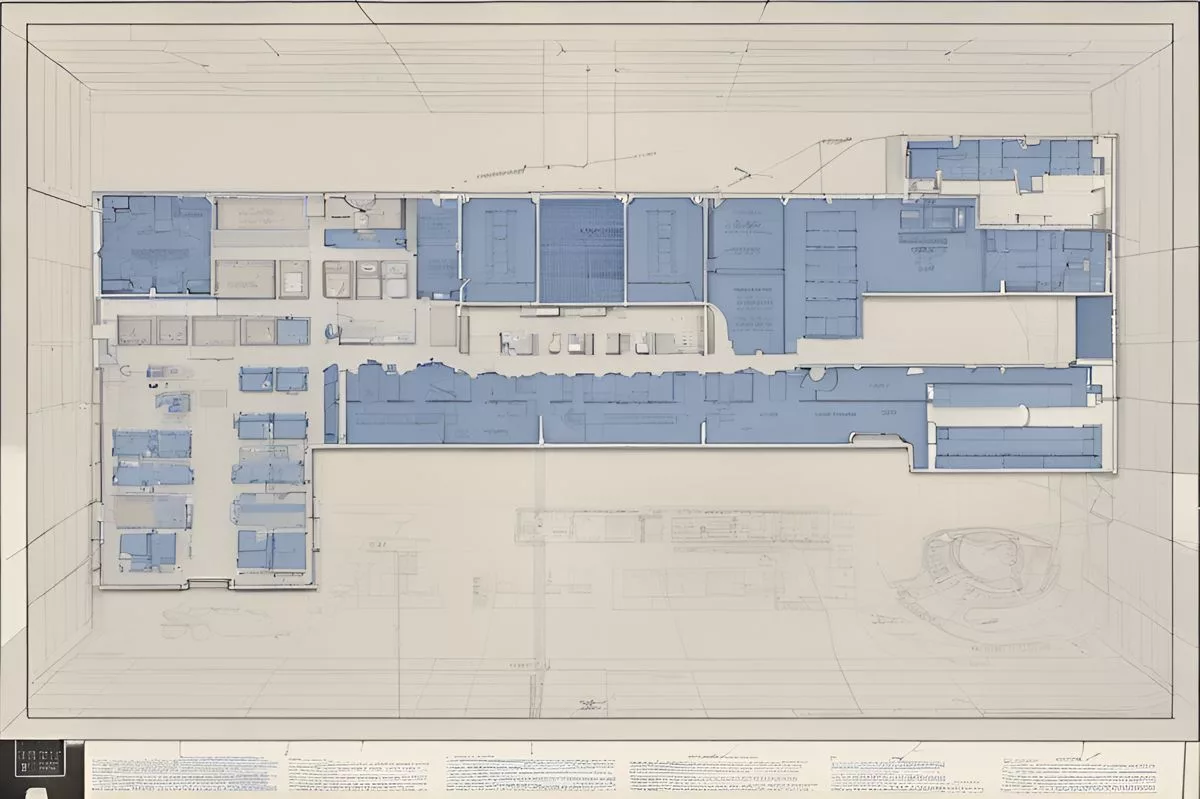Africa Day celebrates the establishment of the African Union and represents a time for reflection on Africa’s journey to political freedom. The theme of the 2024 Africa Day was “Educate an African fit for the 21st Century,” emphasizing the importance of robust education systems and inclusive learning for the continent’s growth. The AU’s Agenda 2063 also highlights the need for education to enhance the quality of life and well-being of all citizens. Additionally, the Parliament expressed concern about ongoing conflicts in Africa and emphasized the vital role of peacekeeping in promoting socio-economic growth.
What is Africa Day and its significance?
Africa Day commemorates the establishment of the Organisation of the African Union (OAU) and its evolution into the African Union (AU). The day represents a celebration of unity and serves as a strategic opportunity to reflect on the journey of political freedom. The AU’s Agenda 2063 emphasizes the critical role of robust education systems and the need for peacekeeping to enhance the quality of life and wellbeing of all citizens. Through unity, commitment to education, and dedication to peace, Africa continues to work towards a more prosperous, peaceful, and enlightened future.
On the 25th of May every year, the entire African continent is filled with jubilations marking Africa Day. This annual event commemorates the establishment of the Organisation of the African Union (OAU), as well as its evolution into the African Union (AU). According to Mr Lechesa Tsenoli, the Interim Speaker of the National Assembly, and Mr Amos Masondo, the National Council of Provinces’ Chairperson, Africa Day, as voiced on behalf of the South African Parliament in 2024, is not merely a celebration of unity. It’s also a time to reignite the commitment to creating a brighter future for Africa.
Africa Day’s 2024 Theme: “Educate an African fit for the 21st Century”
The 2024 Africa Day theme, as set by the AU, was “Educate an African fit for the 21st Century.” This theme conveyed the critical role of robust education systems. It aimed to advocate for quality, relevant, lifelong, inclusive learning, which is fundamental for the continent’s growth. The emphasis on education was in line with the end of South Africa’s sixth parliamentary term. This period also signaled the approach of the national and provincial elections, reminding citizens of their hard-fought political rights and the duty to guard them.
The AU’s Agenda 2063 and its Emphasis on Education
The AU’s Agenda 2063, a strategic blueprint for an affluent Africa driven by inclusive growth and sustainable development, reiterated the value of education. It aims to enhance the quality of life and wellbeing of all citizens, along with fostering a well-educated populace supported by a revolution in skills, science, and innovation.
The Presiding Officers echoed this call to action, underscoring the necessity for education to be available to all African children. They also cautioned against passing on the problems of illiteracy and conflicts to upcoming generations. In this regard, the South African Parliament has consistently maintained strong ties with other progressive international parliaments and forums that are dedicated to mitigating the repercussions of colonialism, underdevelopment, and impoverishment.
Addressing Conflicts and the Role of South Africa in Peacekeeping
The Parliament expressed grave worry about the ongoing unrest in regions such as the Democratic Republic of Congo. These conflicts obstruct education and socio-economic growth. The AU’s objective of “silencing the guns” by 2030 requires African governments to reaffirm their commitment to peace.
South Africa’s contribution to peacekeeping underscores this commitment. Through collaborations with multilateral forums, South Africa has played a substantial role in managing crises in war-torn countries. Thousands of peacekeepers have been dispatched from South Africa to various African countries, offering much-needed strategic intervention for peace and reconciliation negotiations.
Africa Day: Reflecting, Acting, and Improving Lives
The Parliament regards Africa Day as a chance to ponder and act upon strategies to enhance the lives of Africans. This day serves as a strategic opportunity to reflect on the journey of political freedom and intensify efforts to fight against the legacies of colonialism.
As South Africa commemorated 30 years of a democratic Parliament, it did so with gratitude for the support received from other African countries. The AU continues to be a guiding light that led their fight for independence. It remains a source of morale and material support in their enduring efforts.
In the words of the Parliament, the journey towards an improved Africa is still underway. With its unity, commitment to education, and dedication to peace, Africa continues to work towards a more prosperous, peaceful, and enlightened future. Therefore, it’s fitting to say, Aluta Continua – the struggle continues. With each Africa Day, we move a step closer to a peaceful and thriving Africa.
What is the theme of Africa Day 2024?
The theme of Africa Day 2024, as set by the AU, was “Educate an African fit for the 21st Century.” This theme emphasizes the critical role of robust education systems and advocates for quality, relevant, lifelong, inclusive learning, which is fundamental for the continent’s growth.
What is the significance of Africa Day?
Africa Day commemorates the establishment of the Organisation of the African Union (OAU) and its evolution into the African Union (AU). It serves as a celebration of unity and a strategic opportunity to reflect on the journey of political freedom, as well as a chance to act upon strategies to enhance the lives of Africans.
What is the AU’s Agenda 2063?
The AU’s Agenda 2063 is a strategic blueprint for an affluent Africa driven by inclusive growth and sustainable development. It underscores the value of education, aims to enhance the quality of life and wellbeing of all citizens, and fosters a well-educated populace supported by a revolution in skills, science, and innovation.
What is the role of education in Africa’s growth?
Education plays a critical role in Africa’s growth, as highlighted by the AU’s Agenda 2063 and the theme of Africa Day 2024. Education systems are fundamental for the continent’s growth, advocating for quality, relevant, lifelong, inclusive learning.
What is South Africa’s role in peacekeeping?
South Africa has played a substantial role in managing crises in war-torn African countries through collaborations with multilateral forums. Thousands of peacekeepers have been dispatched from South Africa to various African countries, offering much-needed strategic intervention for peace and reconciliation negotiations.
How does Africa Day reflect on Africa’s journey towards a better future?
Africa Day serves as a strategic opportunity to reflect on the journey of political freedom and intensify efforts to fight against the legacies of colonialism. It’s a chance to act upon strategies to enhance the lives of Africans through unity, commitment to education, and dedication to peace, towards a more prosperous, peaceful, and enlightened future.

